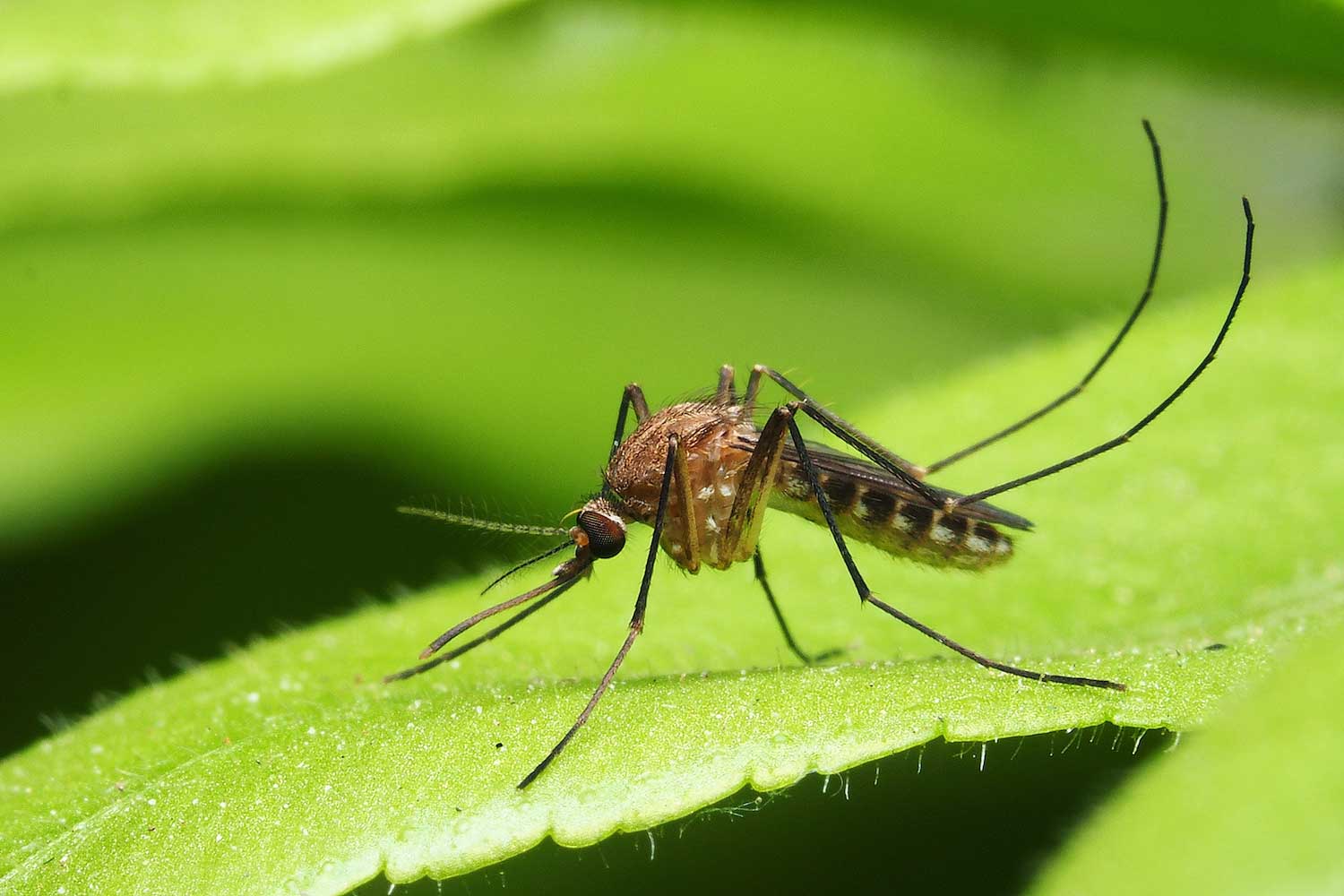Mosquitoes Facts & Information
Prevent Pest Control is always reliable. Always innovative.
What You Should Know About Mosquitoes
Mosquitoes have been around since the time of dinosaurs, with fossils dating back over 100 million years. These tiny insects, part of the Culicidae family, are more than just summertime pests; they’re survivors with a reputation for annoyance and danger. While their buzzing is enough to drive people indoors, it’s the females’ blood-feeding habit that makes them infamous. Common across the globe, mosquitoes thrive in warm, damp places and are known carriers of serious diseases.

Our Services
Expertise and Reliability
Mosquito Guid
Tick Guid
Bed Bug Guid
Flea Guid
Cockroach Guid
Yellow Jacket Guid
Carpenter Ant Guid
Rodent Guid
What Mosquitoes Look Like and How They Grow
The average length of a mosquito is between 3 and 6 millimeters, and it has a long, narrow body. Their characteristic proboscis, a needle-like mouthpart used for penetrating flesh and feeding, accompanies their long, slender legs and small wings coated in tiny scales. The majority of these animals have brown or gray bodies, with some species having white or silvery patterns on their thorax, legs, or abdomen.
The proboscis is a remarkable feature that distinguishes male mosquitoes from females. In contrast to the feathery proboscis that males utilize exclusively for sucking nectar, the pointed, tube-like structure that females possess is meant to penetrate skin and collect blood. Additionally, male mosquitoes can hear the buzzing sound of surrounding females by using their bushier, more prominent antennae.
Mosquitoes go through the following stages of development: egg, larva, pupa, and adult. Larvae, sometimes known as “wrigglers,” thrive in water and consume organic debris after hatching from eggs put in or near water. They go through a metamorphosis into pupae and then emerge as adults, prepared to breed and begin the cycle all over again.
What Makes Mosquitoes Different from Other Insects
Mosquitoes make excellent use of their environment. They are able to fly silently and agilely because of their small bodies and scaled wings. The ability of the female to sense her host’s carbon dioxide and heat emanations extends to a range of several feet. It is simple for certain species to reproduce in both urban and rural settings because they can lay eggs in very little quantities of standing water.
Daily Routines and Living Habits of Mosquitoes
Even though some mosquito species eat throughout the day, the peak times for mosquito activity are dawn and twilight. While male mosquitoes eat nectar and plant liquids, female mosquitoes feed on blood in order to grow their eggs. The female will look for a body of standing water, such as a puddle, a container, a blocked gutter, or a natural wetland, to deposit her eggs after mating, which occurs only once in her lifespan.
Mosquitoes hide in dark, damp places like basements, restrooms, and beneath sinks while you’re indoors. Their ideal temperature range is 70–90 degrees Fahrenheit, and they do best in warm, humid environments. Mosquitoes feed on human heat, carbon dioxide, perspiration, and even certain colors, particularly those associated with darkness, such as black clothes.
How to Spot and Understand a Mosquito Infestation
Bites from mosquitoes, particularly in the areas of the ankles, arms, and face, are a telltale sign of an infestation. You could hear their buzzing, high-pitched sound close to your ears or in a peaceful area. Having water sitting about the house, as in birdbaths or pots, is usually a clue that something is reproducing. Mosquitoes may not inflict physical harm to buildings, but they are known to disrupt sleep, raise stress levels, and transmit illnesses such as West Nile virus and dengue.
How Mosquitoes Can Affect Your Health and Safety
In particular, those who are allergic to mosquito bites may experience itching, swelling, and skin irritation after a bite. The illnesses that mosquitoes may spread are much more worrisome. Mosquitoes are known to spread diseases, including Zika, West Nile, dengue fever, chikungunya, and dengue fever in Florida and other warm places. These illnesses may cause flu-like symptoms, rashes, joint discomfort, and, in the worst-case scenario, problems with the nervous system or abnormalities in the development of the baby.
Even while it happens very rarely, encephalitis and other severe, long-term health problems may be caused by some mosquito-borne illnesses. A person’s quality of life, sleep, and ability to avoid secondary skin diseases caused by itching may all be negatively affected by frequent bites, regardless of whether they are sick or not.

Get a Free Quote Today!
"(Required)" indicates required fields
